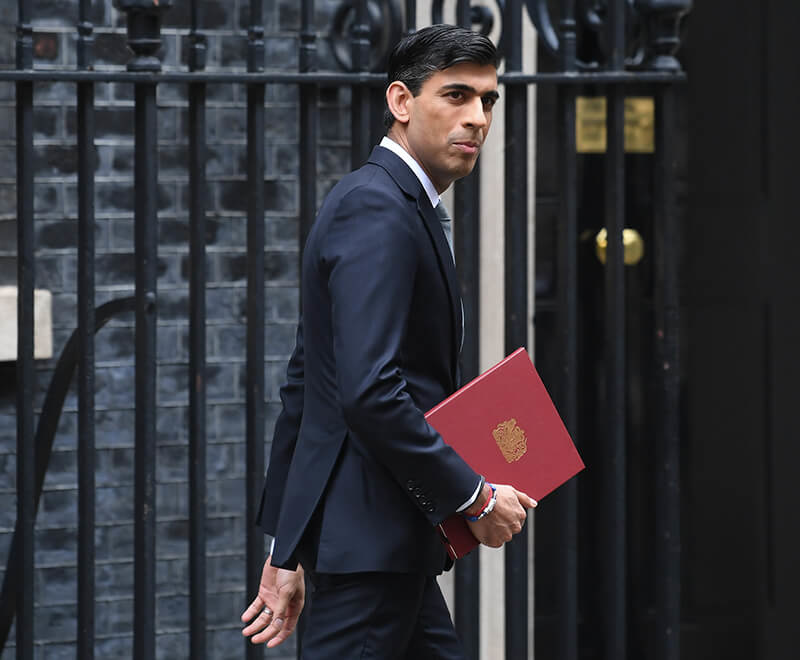The global investment landscape is shifting, and UK businesses are taking note. While Europe remains the top priority for expansion, our latest research at Pagefield reveals a sharp rise in interest in the Middle East and Asia. These regions are becoming prime destinations for UK investors, thanks to economic dynamism, strategic advantages, and evolving trade partnerships.
91% of UK businesses remain optimistic about Foreign Direct Investment (FDI) despite global economic uncertainty. However, optimism alone isn’t enough. 83% of UK business leaders believe the Government must do more to facilitate investment overseas—starting with stronger Free Trade Agreements (FTAs).
The Political Equation: Starmer’s Growth Mission vs. Trump’s Protectionism
At home, PM Keir Starmer has made economic revival his priority. His government is focused on fostering stability, encouraging private investment, and repositioning the UK as a global trade leader. However, business leaders remain unclear on the specific steps that will be taken to make the UK a more attractive investment hub.
Meanwhile, across the Atlantic, President Trump’s return is already reshaping global trade dynamics. His administration’s ‘America First’ policies, potential tariff increases, and evolving FTA negotiations introduce new uncertainties for UK firms looking to expand into the US. Trade relations are in flux, making it crucial for the UK to secure competitive advantages elsewhere.
What’s Driving UK Investors Abroad?
- Middle East Momentum – Interest in the region has doubled, as investors eye its economic reforms and strategic infrastructure projects
- Asian Expansion – Up from 22% to 32%, driven by rapid economic growth and evolving trade partnerships
- US Uncertainty – While still key, Trump’s trade policies could disrupt investment, prompting UK firms to diversify
What Needs to Change?
- A Global Strategy – The UK must strike the right FTAs while ensuring businesses can confidently navigate regulatory complexities
- Smart Incentives – Competitive tax policies and enterprise zones will be critical to securing FDI
- Policy Clarity – Starmer’s government must clearly define how it will support UK businesses looking to expand internationally
Pagefield’s research confirms one thing: UK businesses are ready to invest—if the right conditions exist. Without action, we risk falling behind in an increasingly competitive global economy.
The world is open for business. The question is, will the UK lead or lag?
Find out what’s driving – and stalling – FDI in the UK & US here.



